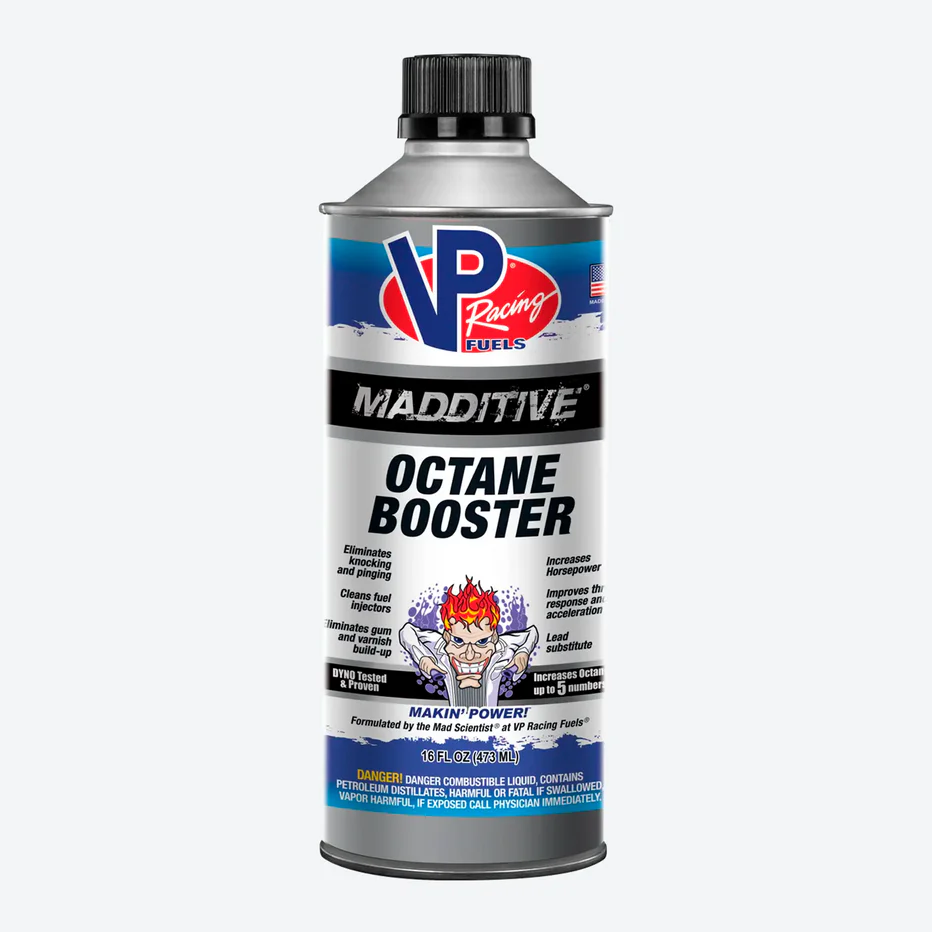When you’re looking to get the most out of your vehicle, especially in terms of power and performance, octane bsters are often touted as a quick and easy solution. But what exactly are they, and do they live up to the hype? In this article, we’ll explore everything you need to know about octane boosters, from what they do, how they work, and whether they’re right for your vehicle.
Understanding Octane Ratings
Before diving into octane bosters, it’s essential to understand what octane ratings mean. If you’ve ever stood at the pump and wondered what those numbers next to regular, mid-grade, and premium gas mean, you’re not alone.
Octane ratings measure a fuel’s ability to resist “knocking” or “pinging” during combustion. Knocking happens when fuel ignites prematurely in the engine’s cylinders, which can damage your engine over time. The higher the octane rating, the more resistant the fuel is to knocking. Regular fuel typically has an octane rating of around 87, mid-grade at 89, and premium fuels can go up to 91 or 93.
How Octane Boosters Work
Octane boters are additives that increase the octane rating of your fuel, allowing it to resist knocking better. The science behind it is relatively simple: when you add an octane booster to your fuel, it raises the fuel’s resistance to premature combustion, helping the engine run smoother and perform better, especially under stress or high-performance conditions.
Types of Octane Boosters
There are various types of octane booters available, each with slightly different formulas. The primary difference lies in their intended use:
- Street-legal octane bosters: These are safe for everyday use and will help slightly increase the octane rating of your fuel, generally by 1 to 3 points.
- Racing octane booters: These are specifically designed for high-performance engines and can raise the octane rating by 10 points or more, making them ideal for track environments.
Most octane booters contain compounds like methylcyclopentadienyl manganese tricarbonyl (MMT) or ferrocene, which help the fuel resist knocking.
Benefits of Using an Octane Booster
You might wonder why you’d want to use an octane bster in the first place. The benefits can be quite appealing, especially if you’re a car enthusiast or need to push your vehicle to its limits.
- Improved engine performance: Octane boters help eliminate engine knock, which can allow your engine to run more smoothly and efficiently.
- Protection against engine knocking: By reducing the likelihood of premature ignition, octane booters protect your engine from potential damage.
- Better fuel efficiency: While not dramatic, some users report better fuel efficiency with higher octane levels, especially in high-performance vehicles.
- Cleaner combustion: Higher octane fuel burns cleaner, reducing carbon deposits in your engine over time.

Situations Where You Might Need an Octane Boster
Not everyone needs an octane booster all the time, but there are specific scenarios where it might come in handy:
- High-performance vehicles: If you drive a car that demands high octane fuel, like a sports car or luxury vehicle, an octane booster can help ensure your engine runs optimally.
- Older vehicles: As engines age, they can become more prone to knocking, especially if they’re worn or you use lower-quality fuel.
- Poor fuel quality: If you live in an area where fuel quality isn’t great, adding an octane boster can make a big difference.
- Racing or high-demand driving: For track days or spirited driving sessions, an octane booter can give you the extra performance edge you need.
How to Choose the Right Octane Boster
Not all octane booters are created equal. When choosing the right one for your vehicle, consider the following:
- Brand reputation: Opt for well-known brands like Lucas Oil, Royal Purple, or STP that have a proven track record.
- Intended use: Are you using it for daily driving or for a racing event? Pick a product that aligns with your needs.
- Read the label: Ensure you know exactly how much octane boost the product provides and whether it’s safe for your engine.
How to Use an Octane Booter Safely
Using an octane booster is generally straightforward, but it’s important to follow the instructions carefully:
- Dosage: Always add the recommended amount based on the size of your fuel tank. Overuse can lead to unnecessary buildup in your engine.
- Frequency: Use octane booters only when needed. They aren’t meant to replace regular high-octane fuel, just to supplement it in certain situations.
Octane Booster vs. Premium Fuel
A common question is whether an octane boster can replace premium fuel. While an octane booster can elevate the octane level of regular gas, it’s not a perfect substitute for premium fuel. Premium fuels have a more consistent and higher-quality composition, and adding an octane boster is typically a temporary fix.
Do Octane Boosers Improve Mileage?
The impact of octane boosters on mileage is a debated topic. While some users claim slight improvements in fuel efficiency, it’s more common to see improvements in engine performance rather than significant fuel savings.
Potential Drawbacks of Using Octane Bosters
Like any product, octane boosters aren’t without their downsides. Over time, certain chemicals in octane boosters can leave deposits in your engine. Moreover, they tend to be a bit expensive, so regular use might not be cost-effective. Lastly, improper use can lead to more harm than good.
Common Misconceptions About Octane Bosters
There are a few misconceptions about what octane bosters can do:
- They don’t increase horsepower: Octane booters don’t directly increase your engine’s horsepower; they simply allow it to perform at its best without knocking.
- Not a replacement for proper maintenance: Octane booters can’t fix underlying engine issues or make up for poor maintenance.
Octane Boostrs and Racing
Racers often use octane boostrs because high-performance engines require higher octane fuel to avoid knocking under extreme conditions. However, if you’re racing, make sure the octane boster you choose is legal for competitive use, as some compounds are banned in racing.
Environmental Impact of Octane Boosers
Octane boosters contain chemicals that can contribute to air pollution when used in large amounts. Always use them responsibly, and avoid overuse to minimize your environmental footprint.
FAQs
- Can using an octane booter damage my engine?
- Not if used correctly. Overuse or using the wrong product could potentially cause issues over time.
- How often should I use an octane boster?
- Only when needed, such as before a high-performance event or when dealing with poor fuel quality.
- Can octane boosters increase horsepower?
- Not directly. They help your engine avoid knocking, allowing it to run more efficiently, which can result in better performance.
- What is the best octane booster for everyday driving?
- Look for street-legal products from reputable brands like Lucas Oil or Royal Purple.
- Is it safe to mix an octane booster with ethanol-blended fuel?
- Yes, most octane boosters are safe to use with ethanol-blended fuels, but always check the product label to be sure.
Conclusion
Octane boosters can be a valuable tool for improving engine performance, especially in high-demand situations. Whether you drive a high-performance vehicle, participate in racing, or just want to protect your engine from knocking, an octane booster might be worth considering. However, it’s essential to use them correctly and understand their limitations.



